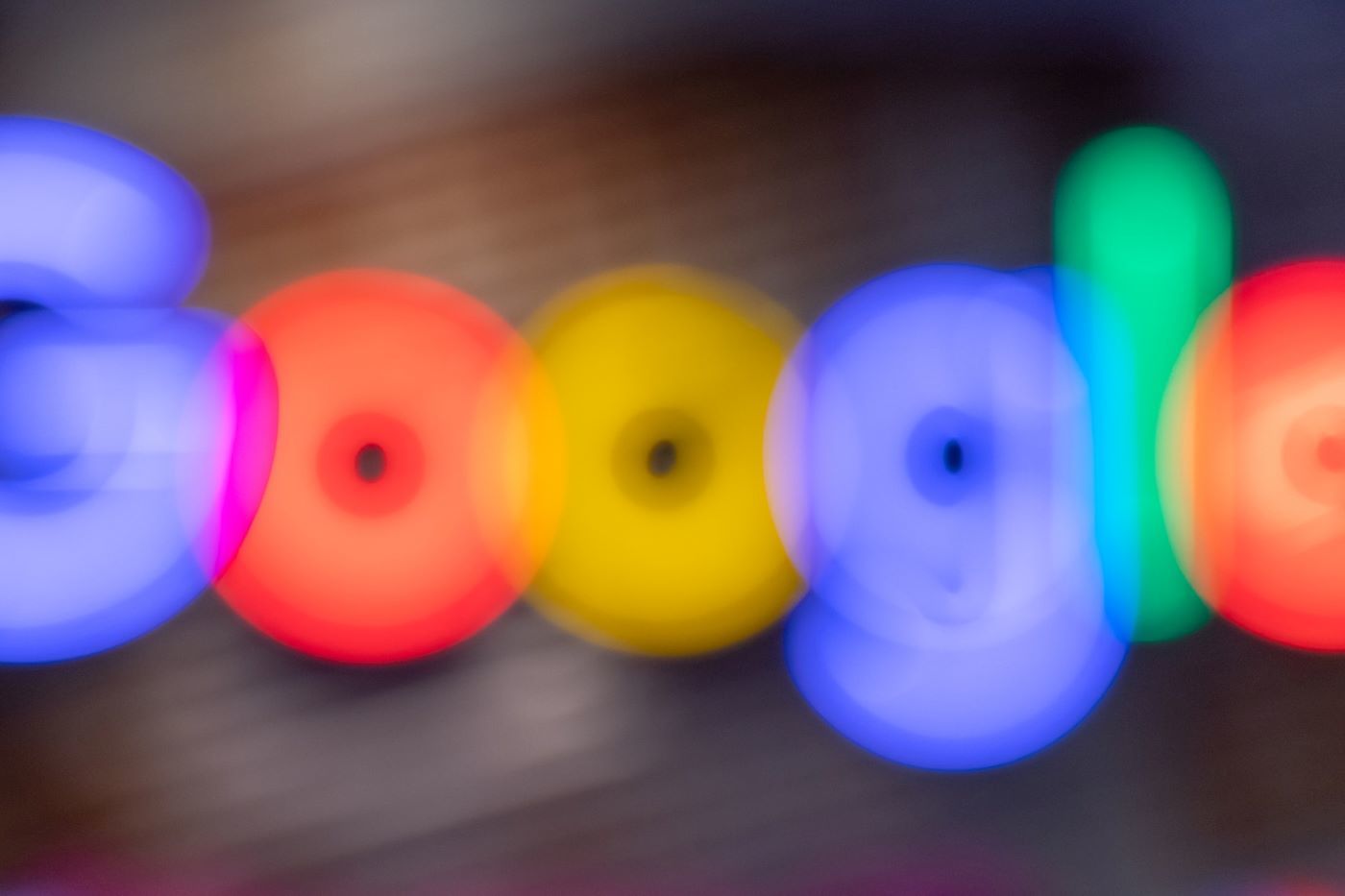 Search Engine Optimisation is now a profession a majority of companies and individuals have heard of. It’s also a profession that a number of people think is easy and they can do themselves by reading a couple of blogs and help files.
Search Engine Optimisation is now a profession a majority of companies and individuals have heard of. It’s also a profession that a number of people think is easy and they can do themselves by reading a couple of blogs and help files.
Unfortunately this usually leads to out of date methods continuing to do the rounds. With so many self proclaimed experts willing to spread the word on old theories it’s easy to see why so many companies are misled by inaccurate information.
The trouble is this then becomes gospel.
In this profession it’s still a common occurrence to hear myths and inaccurate information being bandied about with such a confident ignorance that you can see why site owners end up believing what they hear or read.
The problem then is trying to explain why a certain myth is completely wrong. Explaining that their mate “who does SEO” is behind the times and in many cases just wrong can be hard work.
How does the saying go; “A little bit of knowledge is a dangerous thing”
So in no particular order are some of the questions and beliefs that still continue to pop up in discussions:
Their site looks 10 times worse than ours why are they ranking ahead of us?
Google isn’t an art critic. Unless the design of a site stops search engines from actively crawling the site, reading the content and generally taking away all the information they are looking for they couldn’t care less what the site physically looks like. If its search engine friendly then it’s doing its job. If backed up by a strong link building campaign then why shouldn’t it rank well?
This is something that baffles a lot of people. It almost seems to offend them that a site that is less pleasing to the eye is ranking higher. You would hope that if anything this serves as the wake-up call highlighting just how important it is to optimise your site.

My competition has more links than us, why aren’t we looking to gain as many? (Yes I know we rank above them).
This one always stumps me yet crops up quite a bit. Some people seem fixated on how many links they receive compared to competing sites. Some even demand how many links they want confirmed by certain dates. Even a better ranking doesn’t seem to deter them from this demand.
At the end of the day a site can receive thousands of links but if they aren’t great quality then a site receiving a lot less can rank higher. It’s all about the quality of the links you create. It’s very rarely about quantity.
I want my Google Toolbar PageRank improved. PageRank means I will rank higher.
No it doesn’t.
This is one of the big myths. Even the score Google present to you on their toolbar is inaccurate.
Toolbar PageRank doesn’t guarantee that your site will out rank one with a lower score.
Google’s Toolbar PageRank has become more and more irrelevant and in my personal opinion too much information isn’t taken into account for this to be a factor worth worrying about. Your toolbar score doesn’t take into account if the links you are receiving are optimised, contain anchor text or whether the sites you receive links from are relevant. These are hugely important factors so any score missing out this type of information shouldn’t be given a huge amount of time.
OK, it shouldn’t be totally ignored and it’s a good indication that the links you are building are good ones, but it doesn’t guarantee anything.

I want to rank for terms unrelated to my site.
Why?
A majority of the time you can kind of see the train of thought that goes into this. “Someone who is looking for this may be interested in what we are offering”. Maybe, but optimising for a term, product or service you physically don’t actually offer isn’t the way forward.
If you truly want to target unrelated terms then you are possibly looking at creating new pages to work with these terms. Is this really worthwhile? No.
Concentrate on what you do. Don’t try to capture an audience who isn’t searching for what you offer. If they want your products they will search for them.
Corner your market.
We are a far bigger company, why aren’t we ranking above them.
This one occurs more with local businesses. A call has come in more than once from a company fuming that a rival business round the corner is ranking higher than they are. “Don’t Google know who we are?” No, not really. Google (and other search engines) rank web pages they don’t rank by a company’s status.
Just because you are a bigger company than those above you doesn’t mean that you should rank higher.
You haven’t optimised my Meta Keyword Tags; you need to so we can rank higher.
These are completely useless tags. Google doesn’t acknowledge them any more; they account for nothing and serve only to inform competing sites as to what terms you are working with.
Keyword density has to be around 2% – 3% right?
Yes I do still get asked this one.
Keyword density is a very old theory.
Ignore density and concentrate on your content making sense. Terms you are looking to target should naturally include themselves. Basically if it fits and it makes sense; include it.
If you need some kind of rule to work with try this; anyone coming to your page shouldn’t be able to work out instantly what terms you are trying to target. If they stick out like a sore thumb you’re possibly over using them.
Are there penalties for overuse? No. But if your pages don’t read fluently then chances are that you will lose potential custom as well as rankings. Over optimisation can work against you.
I can hide text and links in CSS
I wouldn’t. Google can quite easily read CSS. Try and hide anything and you will get found out.
It’s a really simple rule: Don’t try and hide anything. If you’re hiding it, you know it’s wrong.
This type of action usually comes about when sites around them are hiding information or using under hand tactics. “If they are getting away with it why aren’t we doing it?”
Sooner or later they will get caught and there will be a reaction. Be it noticeable drop in rankings or a complete disappearance.
No matter how clever your developer thinks they are, they can’t hide anything in CSS.
This includes colouring text in the same colour as your sites background. Yes this still happens.

Google AdWords influences organic rankings
This is a complete myth. Adwords and SEO are completely unrelated and have no bearing on each other at all.
It’s as simple as that.
There are regular conspiracy theories that the more you pay on your Adwords account the higher your natural rankings will be.
This is total rubbish.
Have you submitted my site to Google, you need to.
No you don’t. You shouldn’t have to submit your site to any search engine.
This myth continues to hang around mainly because of the number of companies that still offer this as a service.
As long as you have links out there leading to your site, the search engines will find you. That is how the internet works.
It’s as simple as that. You certainly shouldn’t be charged for such a service. If this is a paid service you are being offered, leave.
Google is an off page search engine.
To believe this is almost like committing online suicide.
It is true that there are many off page factors that need to be addressed, but ignoring what needs to be done on page is insane. OK, you can get a site to rank by carrying out off page work but if you are working with a competitive term you had better have your on page elements in place.
You see Google is more than happy to take on board the anchor text is reads but it really would like to see some continued relevance on the page it has been lead to. If you can’t make this minimal marriage work then more often than not you’re not going to be able to compete.
Image Source
True Or False With Red Marker via BigStock





Leave a Reply